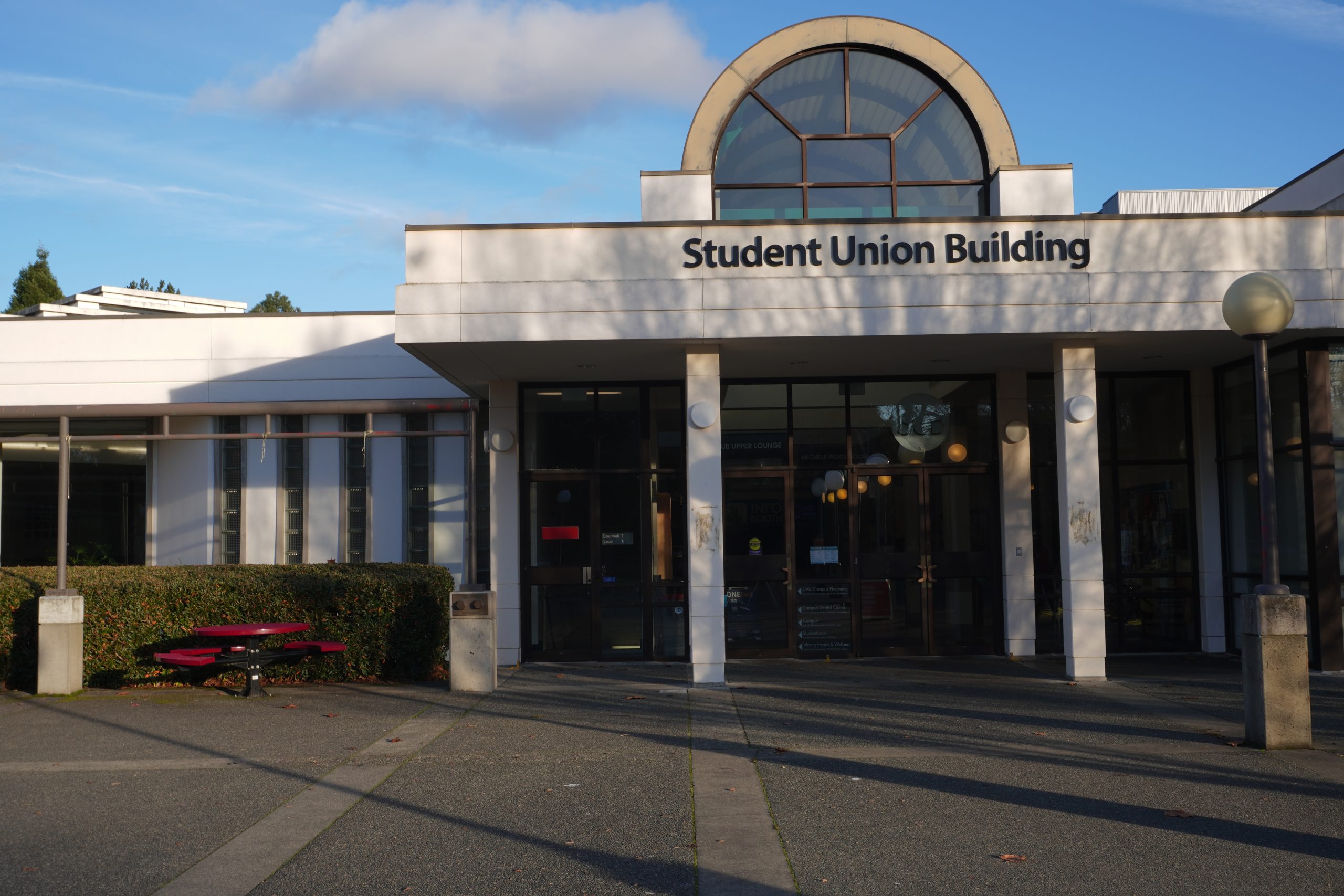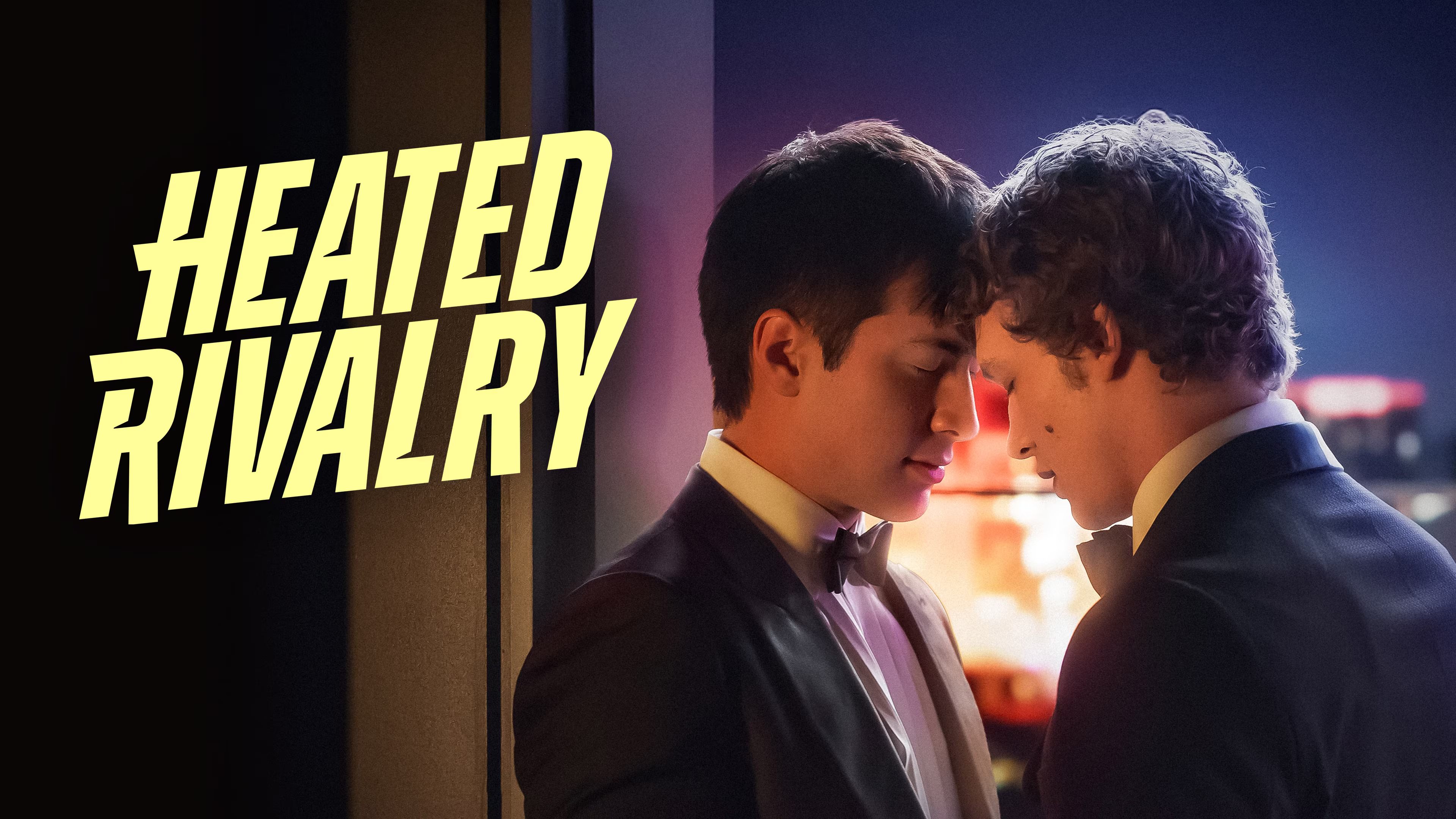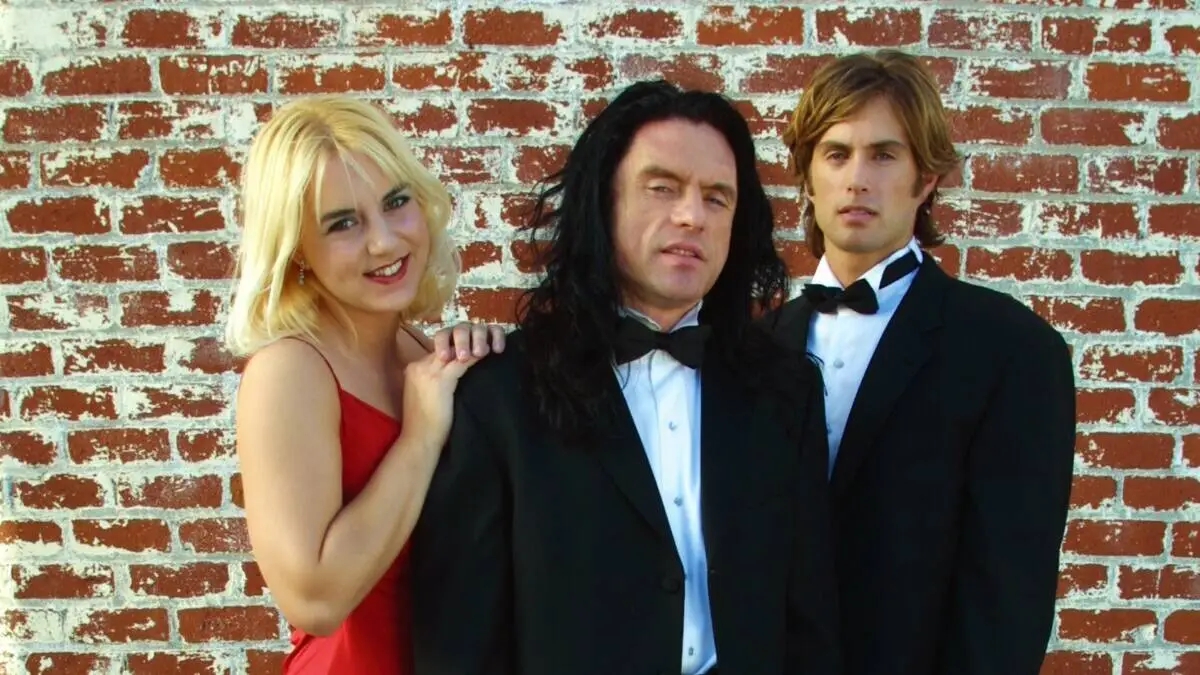Taking place in Seattle Center from Sept. 1–3 on various outdoor and indoor stages, the Bumbershoot music/comedy/arts festival really had something for everyone. This included the misanthropes who dug the droning, heavy carnage dished out by Eyehategod, a New Orleans super-group that rarely tours due to its members’, ahem, personal problems.
Bumbershoot started off in a bit of a shocking manner as some festival-goers witnessed Eyehategod singer Mike Williams in the midst of one of his wacked-out episodes, swearing at the crowd and telling them to go home and commit suicide. But, in a twisted sort of way, this was the perfect introduction to one of the most eclectic music festivals in North America.
Heavy bands didn’t stop at Eyehategod: Seattle’s homegrown bastards Black Breath hit the crowd with a wall of D-beat hardcore-infused, early-Swede-style death metal. Too bad the acoustics in the downstairs arena venue they played sounded like a dilapidated wind tunnel.
Luckily, the sound was much better by the time proto-groove metallers Prong hit the stage. The New York-bred trio, led by Tommy Victor (and now featuring two members of Static-X), were spot-on in their delivery of time-treasured metal classics like “Prove You Wrong” and “Snap Your Fingers, Snap Your Neck.” And then, Eyehategod, well, they were harsh, and intimidating, and gloriously frigging heavy. And their singer encouraged the crowd to off themselves — was that mentioned?
But the best was yet to come. And not just in the music department.
Comedy has long been a big part of Bumbershoot, and this year’s line-up was no exception. While dude-bro-skid comedian Brian Posehn was a tad disappointing (but really, he could hardly get his groove on with a 20-minute set), the first real gut-busting set of the festival came in the form of a live version of the popular podcast, <i>How Did This Get Made?</i>, a panel show that spoofs really, really awful movies. Hosted by two stars of the popular comedy TV series <i>The League</i>, Paul Scheer and Jason Mantzoukas were joined by other funny panelists to take the piss out of flicks like <i>Road House</i> (mindless violence and sex in a dive bar) and <i>Cobra</i> (Stallone goes vigilante, again). The banter involved in analyzing these formidably dumb movies had the audience members howling and rubbing their sore face muscles.
Another big comedy draw was actor Fred Armisen, one half of the duo behind the series <i>Portlandia</i>, perhaps one of the weirdest shows around. (This is fitting since it takes place in the “city of weird.”) Armisen also had a short set, but did his best with his time, doing funny, understated impressions, nailing regional accents on demand from the audience, and playing goofy little songs. Basically, just being an adorable guy who was genuinely and naturally funny. Nothing wrong with that.
Back on the amplified stages, rock band Foxy Shazam put on what was the highlight rock performance of the festival. The Ohio sextet bounded about the stage with more energy than <i>1984</i>-era Van Halen, rendering most of the bands that played Bumbershoot comatose by comparison. Singer Eric Nally was in fine form, babbling on about rock critics and his kids and then kicking into yet another amazing rock opus. Only classic-era Queen and perhaps Faith No More could top the stage show of Foxy Shazam. Moral: see these guys as soon as possible.
Belgian/Aussie pop sensation Gotye played the huge Key Arena onsite with slightly less of a spectacle, although his multi-instrumentation and elaborate visual show rivaled the Foxy guys in overall presentation. Gotye’s set was a feast for the senses, even if half the crowd left after “Somebody That I Used to Know.” Fools.
Back outside, Australia’s dark-alt-rockers The Jezabels were excited and a tad nervous for their set. In the backstage area, they gave themselves a bit of a pep talk. “It’s definitely intimidating to play here. Seattle has this incredible history, and it’s a pretty special city,” said singer Heather Shannon.
Meanwhile, drummer Nik Kaloper was just looking forward to hitting the Sub-Pop stage. “We’re going to have a rocking view of the Space Needle when we play,” he said. “Life is good.”
The Jezabels nailed it: dark, atmospheric soundscapes making way for Shannon’s wailing, banshee-like vocals. Think P J Harvey meets Kate Bush meets Kaloper’s fascination with first-wave emo rock.
Over on the largest outdoor stage, City and Colour strummed their mopey, sweeping rock, Dallas Green’s falsetto vocals lilting over the Seattle cityscape. It was all a little much: well done, but only good in small doses.
Another disappointment on a much, much larger scale was rapper Big Sean, back at the arena. His tired, generic hip-hop and even more tired stage moves led some in the audience to attend to other matters, such as eating popcorn, checking their phones, and making out. Where’s J-Beebs when you need him?
A way better rap option was on the large outdoor stage. Alabama rapper Yelawolf is being touted as the next Eminem (well, actually, he’s touting himself, too, constantly referring onstage to being signed by Marshall Mathers). It’s not all hype. The sinewy, tattooed kid is teeming with boundless energy, enthusiasm and the perfect amount of venom. His Bumbershoot crowd, although dominated by teenagers, was thoroughly stoked on his speedy, serpentine rhymes and his endearing, inspired effort. Plus, the guy had tattoos on his jawbones. That’s hardcore.
On the melodic rock tip were two standouts: Civil Twilight and Low. South Africans Civil Twilight, although a bit too similar to Muse, U2, Coldplay, et al., had a solid set; melody and power intertwined into something that would have fit right into the heyday of ’90s alternative rock. Meanwhile, Minnesota slow-core purveyors Low were in fine form on the Sub-Pop stage, evoking deeply unsettling emotions with droned-out melodi-chords and haunting vocals. Good times!
Speaking of good times, master of musical ceremonies Skrillex ended what was an amazing Bumbershoot with his ridiculous arena show (ridiculous=good). While his set was structured the same as his recent appearance at the Festival d’été in Quebec City, it was completely different in sound. Remixed versions of his classics came halfway through the set (most, except for “Bangarang,” were almost indistinguishable) and then it seemed he just never stopped after that, building momentum and twisting and shaping his tracks like a wonderful little wizard. Truly an endurance test of awesomeness, Skrillex’s set was the ideal way to end Bumbershoot 2012.






